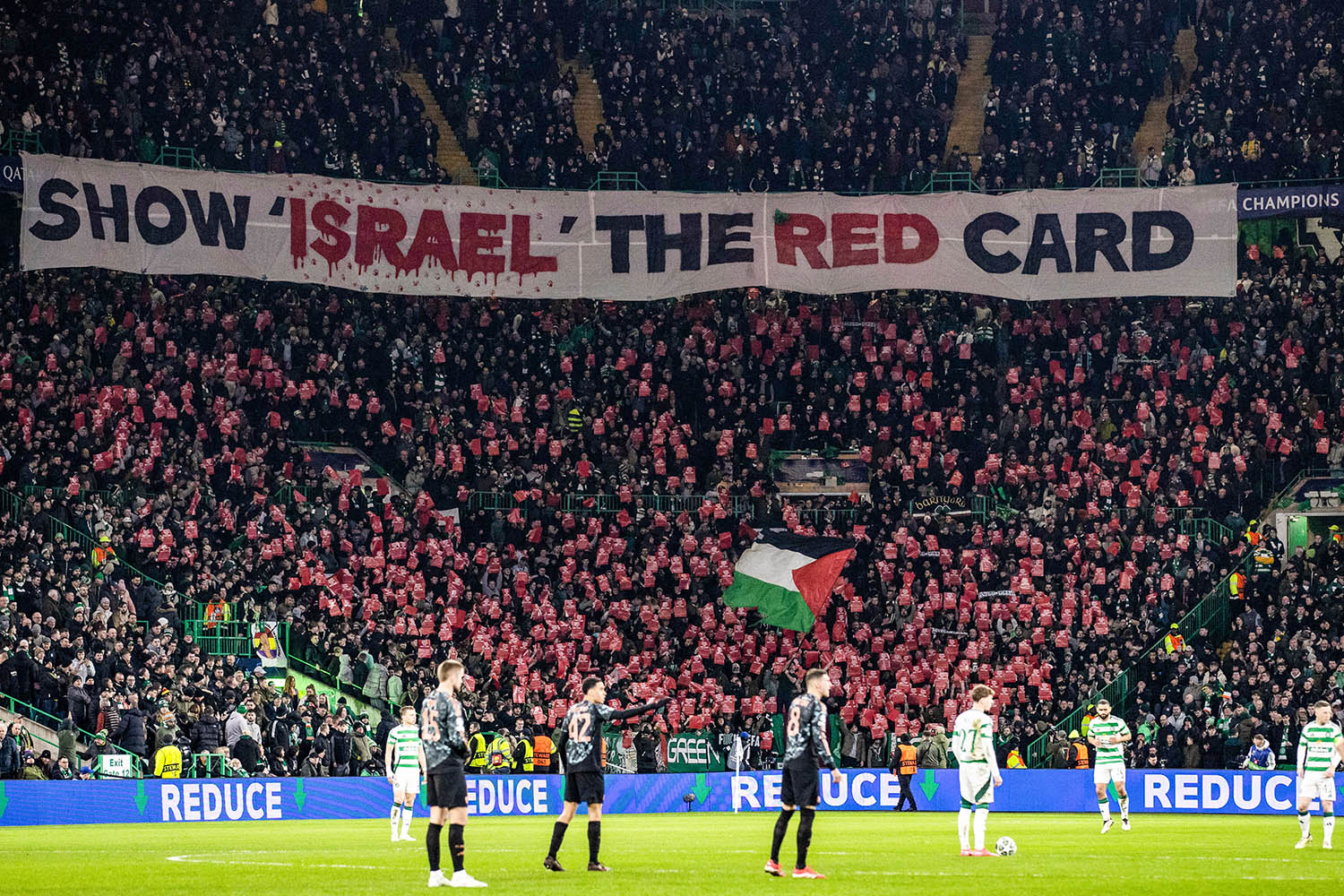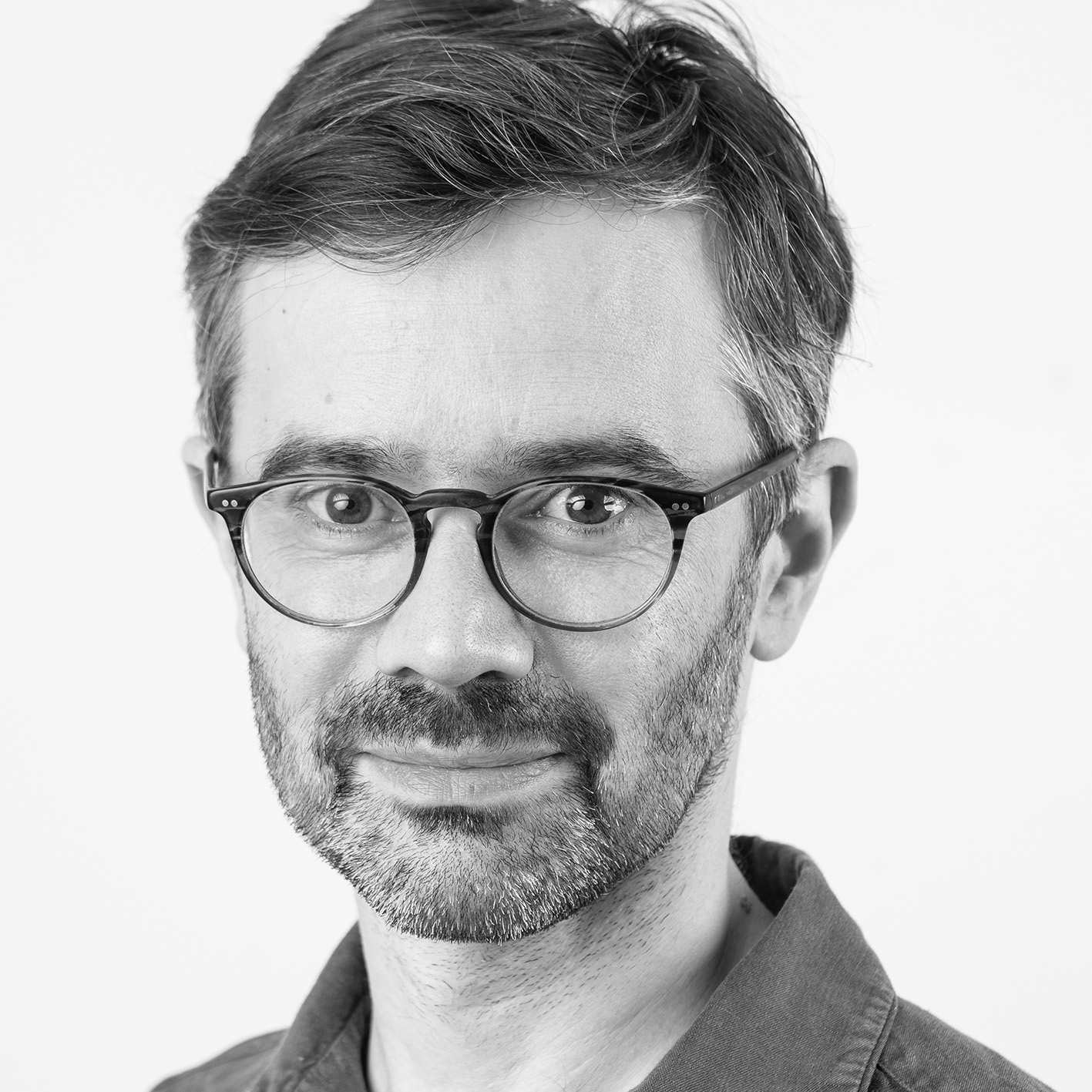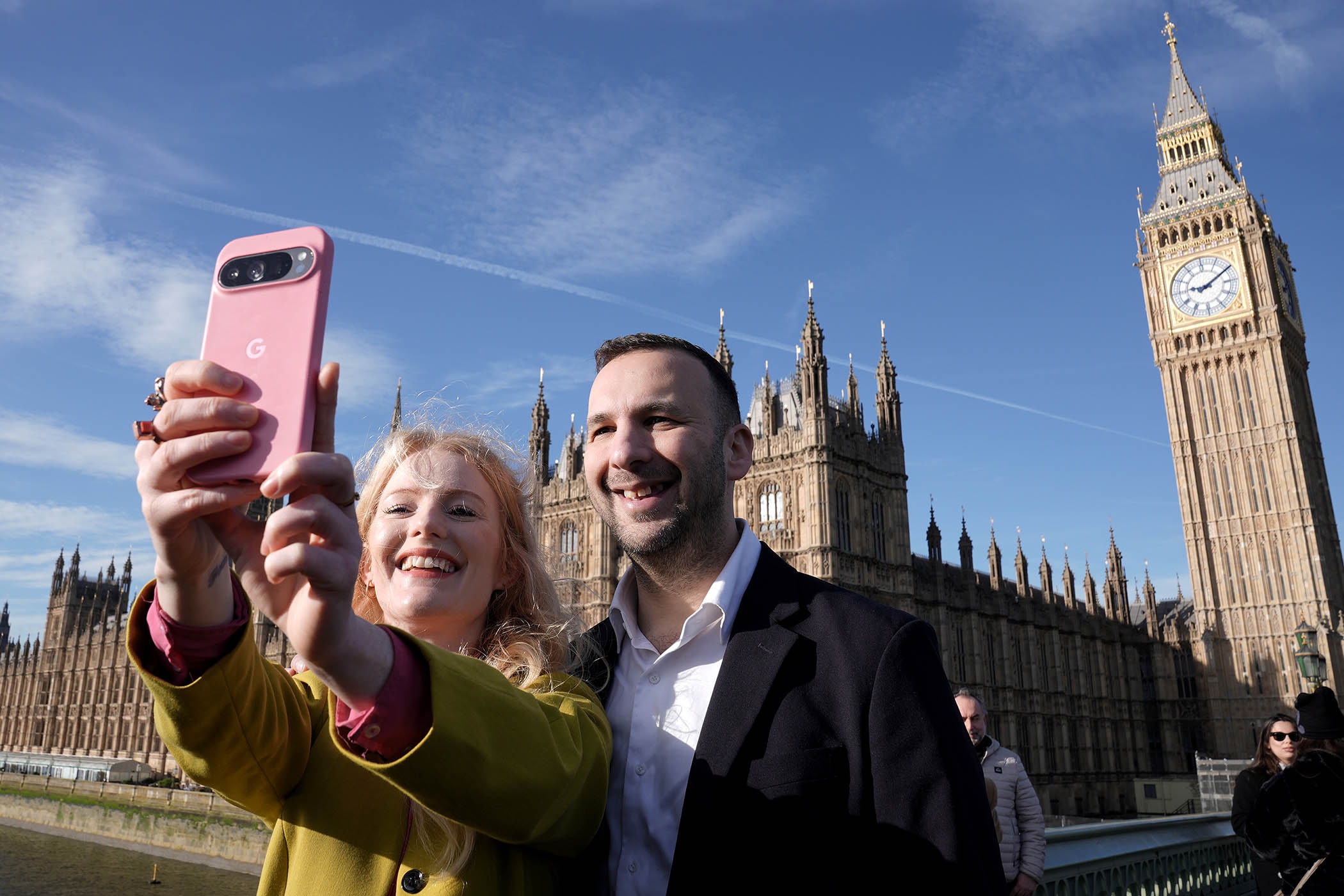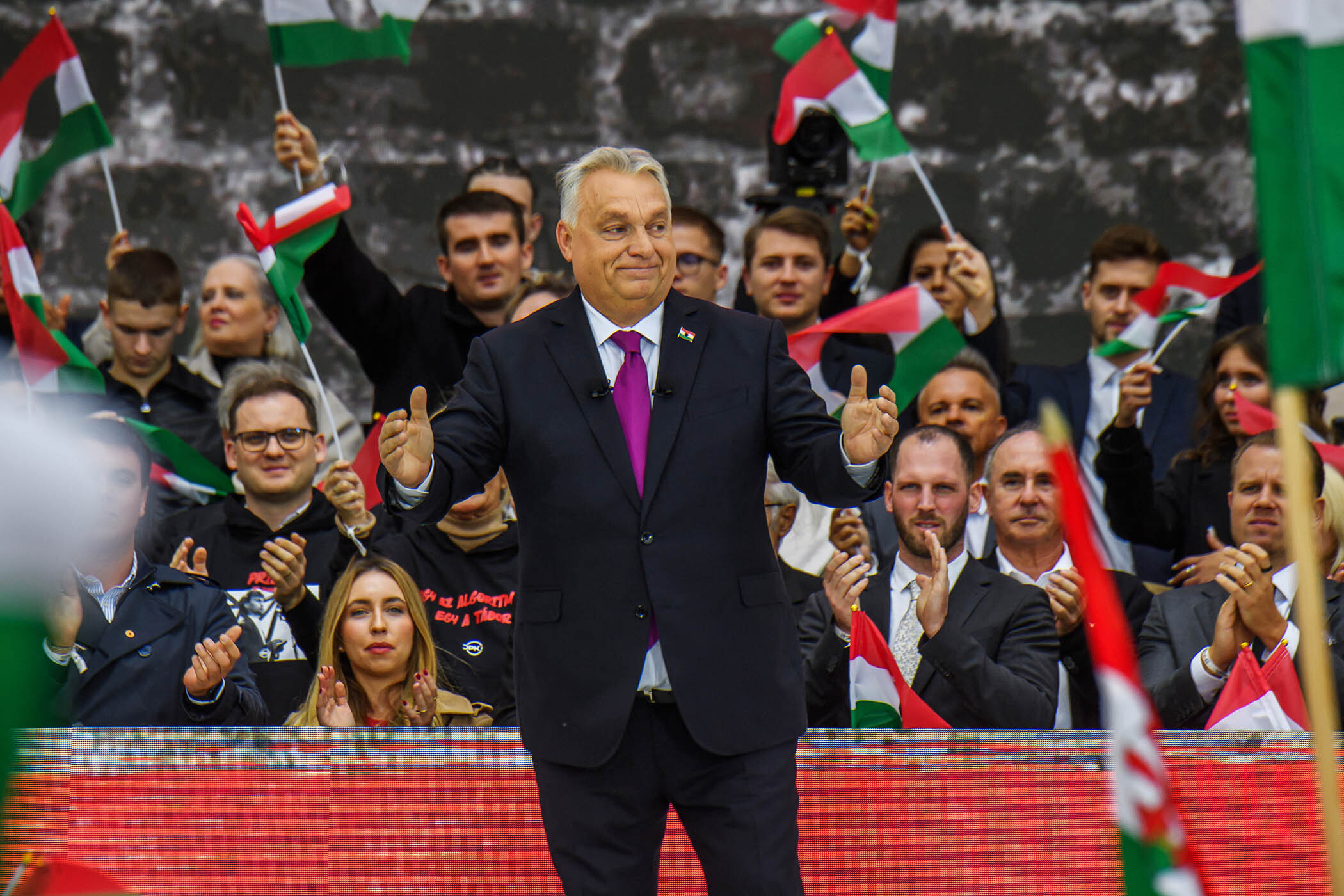Four days after Russia launched its full-scale invasion of Ukraine in 2022, Fifa and Uefa, the international and European football authorities, banned all Russian teams from playing in their competitions. “Football is fully united here and in full solidarity with all the people affected in Ukraine,” they said.
On Friday, 699 days after Israel began its war in Gaza, the Israeli men’s national football team will play a World Cup qualifier against Moldova. Football is not in “full solidarity” with the people of Gaza.
When the war began, there was a fundamental difference between Russia’s unprovoked full invasion of Ukraine and Israel’s response to the Hamas attack, which killed 1,200 people and saw a further 250 taken hostage. But the destruction of Gaza swiftly moved beyond what any reasonable person could argue was a “proportionate response”.
Over the past 22 months the Israeli military have killed more than 63,000 Palestinians in Gaza, most of them civilians. Every week brings fresh war crimes: the assassination of journalists, the bombing of a cafe, the shooting of starving people queuing for food. The country’s prime minister has been indicted by the International Criminal Court for “the war crimes of starvation as a method of warfare and of intentionally directing an attack against the civilian population”. Numerous genocide scholars and two leading Israeli human rights groups believe Israel is carrying out a genocide.
But in the world of sport, Israel continues to play as if nothing has happened. The Palestinian Football Association has repeatedly called for Israel to be banned – and Fifa has repeatedly procrastinated. I asked Fifa for an update last week and they failed to respond.
Even when the football authorities have felt compelled to say something, it has contrived to say nothing. Uefa’s tweet last month marking the death of Suleiman al-Obeid, a Palestinian footballer who was killed by Israeli forces while queuing for food, was so lacking in detail it prompted Mo Salah, Liverpool’s Egyptian striker, to respond: “Can you tell us how he died, where, and why?”
Fifa and Uefa’s decision to ban Russia was pragmatic, not principled. Twelve European nations, following the lead of their governments, made it clear they would refuse to play Russia. They include Poland, who were due to meet them in a World Cup qualifying match.
And that’s why Israel remains able to play. Other European football associations, echoing the handwringing of the political leaders, have been unwilling to make a stand. Israel are due to play Italy next month and Norway in October. The Italian football coaches’ association has called for Israel to be suspended, and the Norwegian football association will donate the profits of its match to humanitarian organisations working in Gaza. But the matches will go ahead.
If both nations refused to play, it would force Fifa and Uefa to finally make a decision. But it’s a risk – they might find themselves punished and lose their chance of playing at the World Cup.
In researching this column this last week I have tried to remind myself that sporting boycotts can make a difference. But at times I’ve felt a sense of hopelessness about calling for something so small when the crimes are so large.
Newsletters
Choose the newsletters you want to receive
View more
For information about how The Observer protects your data, read our Privacy Policy
Peter Hain, who was deeply involved in the campaign to prevent apartheid South Africa from playing international sport, disagrees. “People said to me at the time, why are you concentrating on sport, when trade and arms were so much more important to the maintenance of apartheid’s existence? And I agreed that if you could end global arms sales and impose a total trade boycott it would have been lethal to apartheid. But that was much more difficult to achieve.”
Instead, he argued, using non-violent direct-action protest, “you could strike a blow against the system” and prevent South Africa from being treated on the international stage “as equals rather than as polecats”.
In the grand scheme of things football means nothing, but for many of us it also means everything. We think about it, talk about it and watch it all the time. A debate about a boycott forces us to pay attention to a war we may want to ignore.
As representatives of their state, the Israeli football team should not be allowed to be treated as equals. Football should show the courage that so many political leaders have so far failed to provide. It will not end the war, it will not ease the suffering and it will almost certainly not make a blind bit of difference. There are, after all, only two people who can end this war, and neither you nor I are Donald Trump or Benjamin Netanyahu.
But as Hain puts it: “You can only do what you can do.”
Photograph by Craig Williamson / SNS Group via Getty Images



